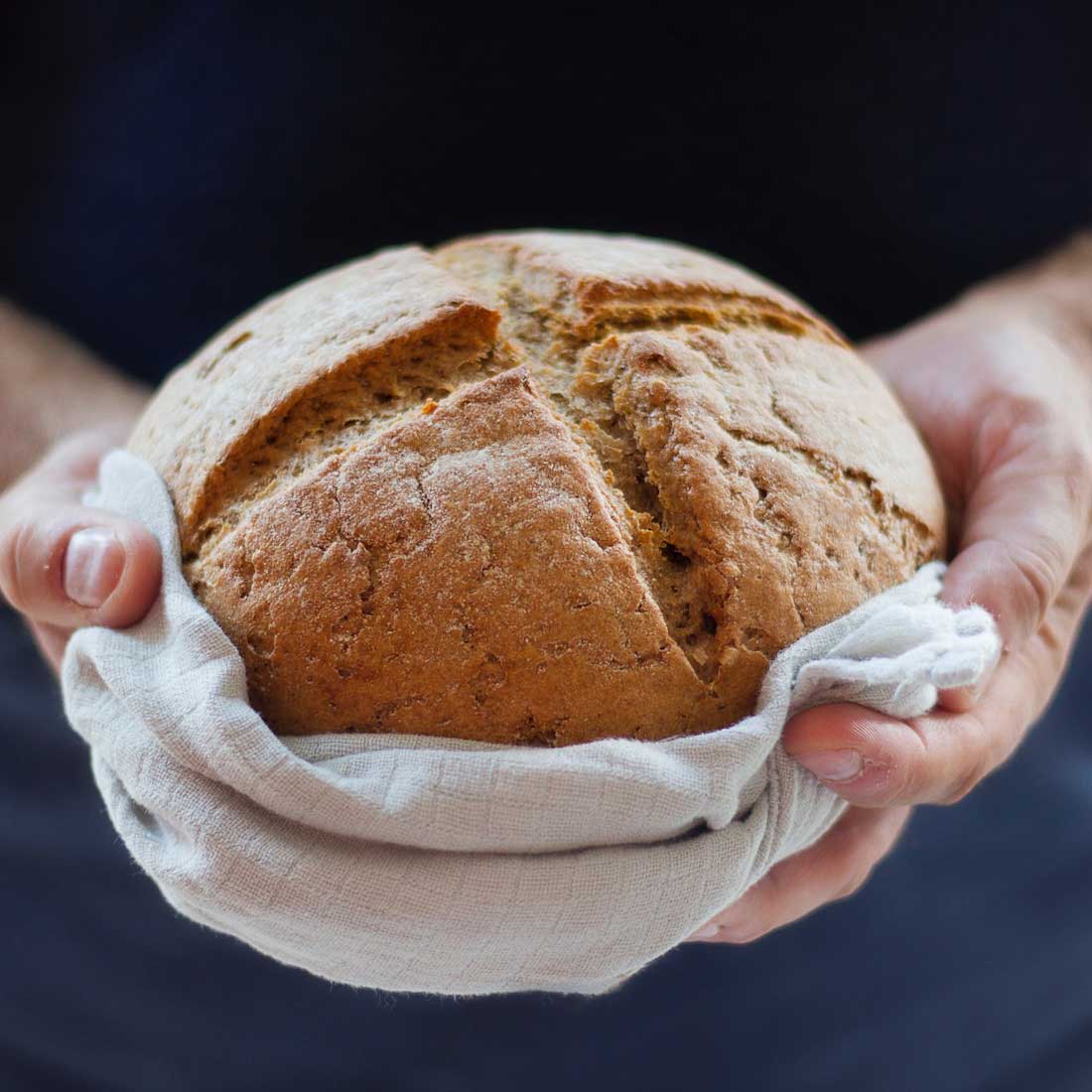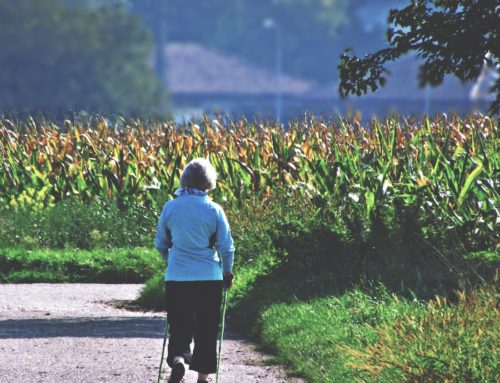Do I Need to go Gluten-Free?
Most people don’t.
1% of the population has celiac disease and 6% of the population is sensitive to gluten. If you don’t fall in those categories, you’re fine. You can eat gluten. It’s a natural part of a balanced diet.
What is Gluten?
Wheat, barley, rye can’t grow without it. Gluten refers to a group of proteins in wheat, barley, rye and triticale. You don’t have to consume gluten as part of a healthy diet, but if you aren’t gluten sensitive or a celiac it won’t harm you.
What if I Do Have Celiac Disease?
If you are allergic to gluten, avoid it.
In people with celiac disease, gluten triggers the immune system to attack the lining of the small intestine. The symptoms of celiac disease include diarrhea, constipation, gas, problems with focus, and chronic fatigue. If gluten is constantly present in the body, it can destroy the bones and brain. The good news is that all this is preventable as long as you avoid gluten.
What causes celiac disease? No one really knows why, but in the last fifty years the incidence of celiac disease has swelled. In fact, four times more people now than in the 1950’s are affected by gluten. Scientists suspect that modern strains of wheat or processing methods may be to blame. However, we have no clear answers.
What is Gluten Intolerance?
6% of us are gluten-intolerant. Another term for the same deal is gluten sensitivity. If you fall in this category, gluten doesn’t pose the same life-threatening risks that gluten causes in celiac disease. However, gluten will cause many of the same unpleasant symptoms.
Does Everyone who Eats Gluten-Free Actually Need to?
Nope. And don’t you fall for the fad. Don’t go gluten-free if you don’t have to.
Eating gluten-free seems to be a trend now. Gluten-free diets are now all over the covers of health fad magazines and on labels of food products. If you’re already eating a balanced diet, going GF likely won’t make you healthier. There is no research that shows gluten-free diets will help you lose weight, increase your energy, or somehow boost your health. Gluten-free products also cost more.
How Do I Know if I Have Celiac Disease or Gluten Sensitivity?
Here are some symptoms:
- constipation
- obesity
- headaches
- joint pain
- skin rash
- acid reflux or heartburn
- headaches
If you think you might have a gluten allergy, schedule a blood test with your doctor.
Also, check if anyone in your family has experience any of the following:
- celiac disease or dermatitis herpetiformis
- Type 1 diabetes
- Down syndrome or Turner syndrome
- Autoimmune thyroid disease
- Sjogren’s syndrome
- Microscopic colitis (lymphocytic or collagenous colitis)
As hard as it may be, don’t change your diet before seeing your doctor as it may affect the blood tests. When you go to the doctor, prepare a list of your symptoms and all the medications you are taking.
My Doctor Has Told Me to Go Gluten-Free. What Can I Eat?
Many, many things. Lots of food is gluten-free.
Your best bet is to stick to unprocessed foods. You’ll be able to tell right off the bat if unprocessed foods contain gluten. Fruits and vegetables, for example, will always be gluten-free.
Check the package carefully. Look for a round circle with the letters GF, the “Certified Gluten Free” label by the GFCO. Other groups such as the National Foundation for Celiac Awareness have gluten-free certification programs as well.
Lots of grains are also gluten-free. Have some, rice, quinoa, oats, teff, amaranth, sorghum, or millet.
Eating Gluten-Free? Here’s What to Watch Out For:
Traditional bread, beer, and pasta are off the table. Also make sure to get enough fiber such as from whole grains, fruits, and vegetables. Pay special attention to this. Many people on gluten-free diets don’t get enough fiber.
Eat unprocessed foods. Many sauces, snacks, processed foods, medication, and even toothpaste may contain gluten. Also, many Americans gain their intake of vitamin B from fortified grains, something that you won’t have access to on a gluten-free diet. Consider taking a multivitamin supplement, especially if you’re pregnant.
Chew on this
If you have gluten sensitive or celiac disease, you’re in good company. There’s a thriving community of GF folk who live well and eat well. Check out some of the many gluten-free foodie blogs.
If you don’t have a medical reason to eat GF, don’t. You could become nutrient-deficient if you don’t put enough effort into your diet. There are other ways you can improve your health that are backed by science. For example, eat an anti-inflammatory diet. Eat well and live well!





I took much of what you recommended to me and I’m almost certain I need to be GF. Dairy also seems to bother me but less so. How will I know for sure? What do I say to my Doc? She said it’s just a fad!
Well the proof is in how you feel. Tests, studies and opinions are all about somebody else. There are studies saying that reactions to foods are the pesticides and chemical additives in them. But the most important question is-how does your body, mind and spirit respond to the different foods? They can even make a difference to your mood!
I believe that if we exclude gluten from the diet is a very positive impact on my health and appearance.